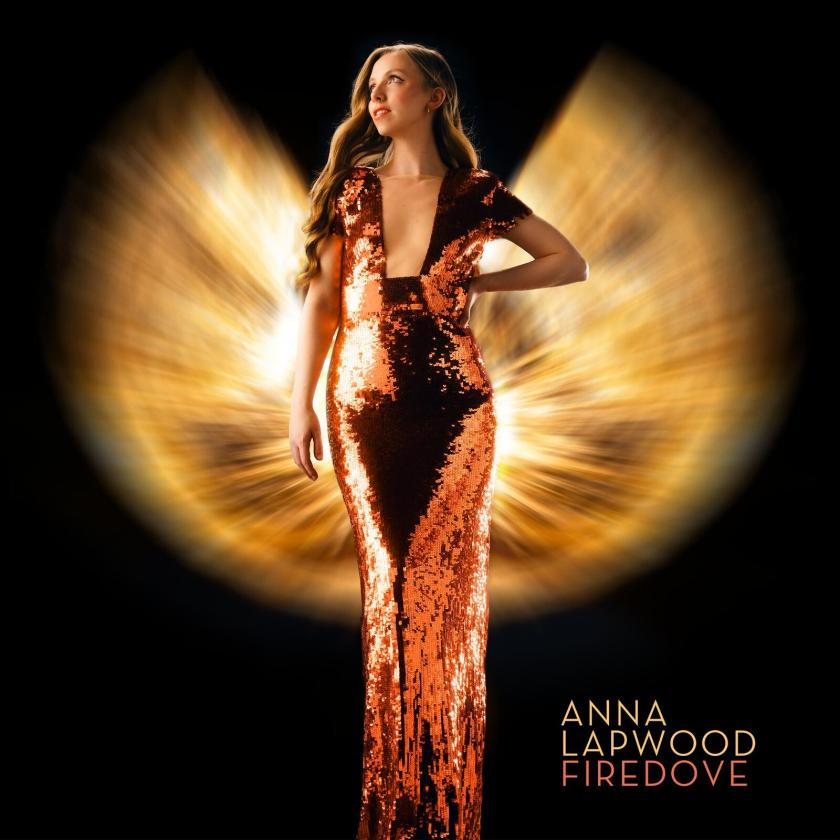This album Firedove (Sony Classical), surely, has to be seen as part of a bigger story: that of organist, choir director and broadcaster Anna Lapwood, who, still in her twenties – just – has become an essential part of the (often cautious and conservative) classical music fabric of this country at a pace which defies belief. She works punishingly hard and has thoroughly earned her pivotal position both as performer and as advocate. Her passion for the organ as an instrument with a unique power to appeal to large audiences has already upturned perceptions, changed attitudes, broadened both the art form and the level of interest in it.
It all just happens so fast: in the few days preceding the album release she has been officially appointed as the first ever titular Organist of the Royal Albert Hall. She also played her first show as headline soloist there; tickets for that had sold out within 24 hours. And in the past couple of days she has hosted an open day in Cambridge, bringing encouragement to no fewer than 98 teenage organists. And she maintains this pace of activity while also keeping news and information flowing with a busy, active (and massive) social media presence.
So to the album. Firedove (Sony Classical) is carefully and thoughtfully crafted, and built on the idea of bringing a flow of surprises to the listener, through a combination of juxtaposing and contrasting different styles of music and by bringing in guests. What comes to the fore is Lapwood’s strong instinct for the dramaturgy, flow and pacing of a programme. I loved the way she gradually brings on the full weight and heft of the organ, inexorably, in a carefully gradated intensity build in “The Bells of Notre Dame” from Alan Menken’s "Hunchback of Notre Dame" soundtrack. It’s irresistible.
The repertoire juxtapositions work really well too, particularly once the focus is back on the organ – all the organ tracks were recorded on the organ of Nidaros Cathedral in Trondheim - later on the album. There is a lovely sequence of three works: Poppy Ackroyd’s “Murmurations”, originally written for piano, is followed by a piece from a composer with a firm place in the organ canon – we hear a poised acccont of Louis Vierne’s delightful, light yet virtuosic scherzo “Naïades” (water nymphs). After that clarity we immediately go somewhere much more mysterious and haunting: Hania Rani’s “Glass”. I also enjoyed the way Lapwood welcomes Robbie Williams’s and Guy Chambers’ “Angels” into the broader organ canon with what sounds like a grateful nod of the head to Widor.
Alongside the organ, our minds are also opened different timbres and sounds – the Choir of Pembroke College, violinist Elena Urioste… They bring contrast, but does that come at the price of making the enterprise diffuse? In the main no, because the concept is so strong. For me, and others will disagree, there is however a single exception to that rule: I found Jess Gillam’s wilfully odd phrase-shaping as the saxophone soloist in Rachel Portman’s “Flight” hard to get on with.
Anna Lapwood says she “wanted to create an album where the listener doesn’t quite know where it’s going to go next.” And has succeeded.















Add comment